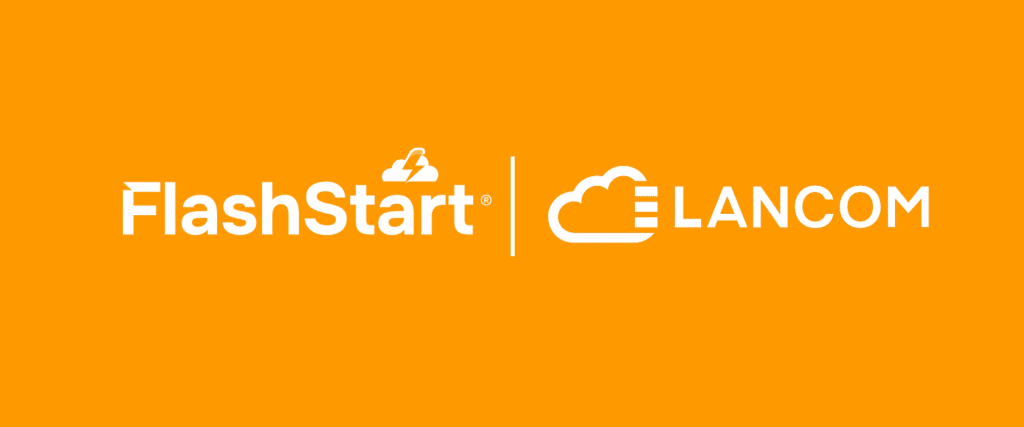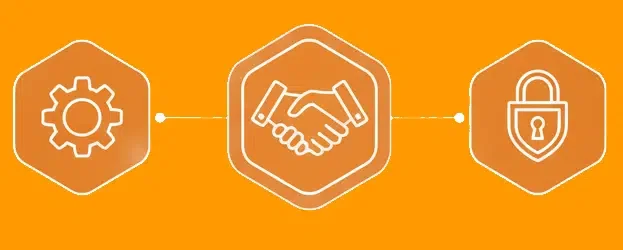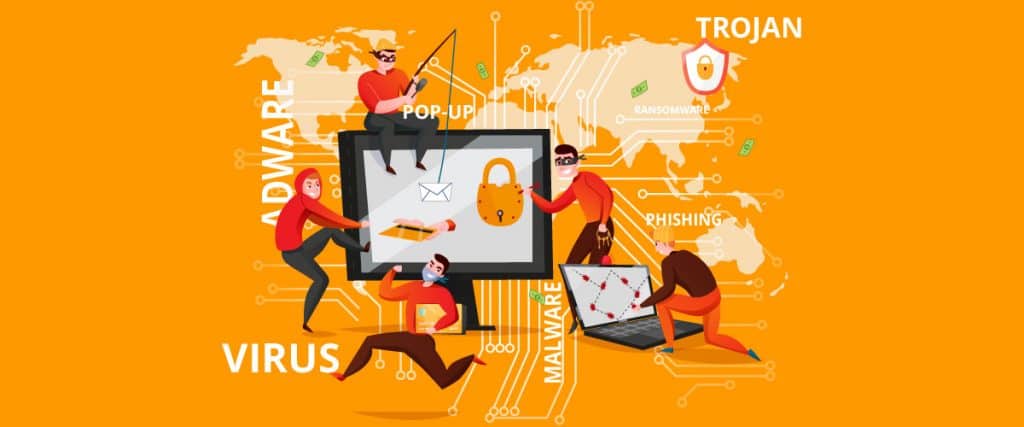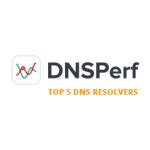
The case against free DNS content filtering for business
DNS content filtering tools have grown in importance over the last years and this growth has been mirrored by a widening in the range of products and services offered. In this article we discuss the nature of these tools and argue that, while households may still consider starting with a service available for free on the web, the choice of a free DNS content filtering tool for business is not ideal. Rather, a pay-for service like the one offered by FlashStart grants businesses the full security they need in order to prosper.
1. What are DNS web filters and why are they so useful?
A DNS web filter is a tool used to filter Internet contents so as to avoid showing inappropriate or undesired results during a web search as well as preventing the Internet user from accessing dangerous websites, which may represent a means to transmit malicious contents in various forms, from proper malware to phishing attempts.
DNS content filtering tools are based on the Domain Name System protocol, that is, the protocol that assigns a numerical IP address to each “worded address” we type into our search bar. Indeed, the computer or other type of device that we use to surf the web needs to transform the name of the website we type into a numerical string and the DNS protocol does exactly this: it acts as a big directory that allows us our devices to turn words into numbers and direct us to the website we requested…
…. or not! Indeed, in case a DNS content filtering tool is active, navigation towards certain domains may be blocked. So, what are these domains and how are they chosen? DNS filtering tools are based on denied lists, also known as blacklists, and allowed lists, also known as whitelists.
These lists are divided by topic and all topics can usually be traced back to one of three macro categories: dangerous, inappropriate or distracting contents. We shall underline straight away that not all content filtering softwares allow you to block all these contents and neither do all offered services provide the same types of lists with the same number of included blocked contents.
>> FlashStart protects you from a wide range of threats and prevents access to malicious websites ? Request a quotation or try it now
2. Free DNS filters: an overview
Choosing a DNS filter is not as easy as it may sound. Indeed, the wide range of options mentioned in the introduction means that when you choose, you need to be aware of the characteristics of the tool you are considering as well as of your needs, and these needs change depending on the environment for which you are selecting the filter.
The Internet offers a lot of free options and, although we shall highlight right from the beginning that we do not believe this to be a good solution, we will hereafter shortly review the available free options.
2.1 Free DNS filters
Some pay-for filters also have free options: packages that provide basic services and defend the user mainly by shielding from inappropriate contents. One example is OpenDNS, a service offered by Cisco and that has two free basic packages. Cisco itself does not suggest it as a free DNS content filtering for business, but rather provides it as a solution for households, with the aim of safeguarding especially the youngest Internet users from potentially being exposed to contents deemed inappropriate for their age.
Indeed, the main services it offers are parental controls on all devices in the house and the possibility to customize the content filter by adding websites that you wish users in your network do not get access to. Importantly, the free option does not allow for protection from malicious phishing attempts and does not block access to malware domains. In order to benefit from a wider coverage, pay-for packages are available, which is the preferred solution for business environments.
>> The FlashStart content filter helps you grant the cybersecurity of your company with a very competitive offer ? Request a quotation or try it now
2.2 Free built-in options
Another type of content filters are the built-in options that are now available in several search engines and content platforms on the Internet. The most popular ones are probably:
» Google SafeSearch: if you use Google as the default search engine and enable this option, Google will automatically filter out some results from your web searches. What type of results? Mainly adult and explicit contents.
» YouTube’s Restricted Mode: if you enable the Restricted Mode, YouTube will automatically eliminate from the search results videos that include potentially explicit contents. YouTube itself warns you that the filter is not 100% precise. How does it work? It looks for explicit wording in the title and description and also calculates the amount of certain colors in the videos, like “skin” color.
» Spotify’s Explicit Content filter: Spotify allows you to block the songs that are recognized as having explicit contents. These are usually marked with an “E” close to the title. In the case of Spotify, explicit does not only refer to sexually explicit contents but also to songs that incite violence.
All these built-in options share one aspect: they work only on the website or platform where they are enabled. So, for example, SafeSearch can filter contents when you perform a web search using Google but it will not stop explicit contents opened through links sent via chat or email.
>> FlashStart offers a complete package, which allows you to block access to both dangerous, inappropriate and distracting contents online ? Request a quotation or try it now
3. The FlashStart DNS content filter: safety online, everywhere and at all times
While, as shown above, content filters are available online at no price, options of free DNS content filtering for business environments are not encouraged. Not much because of what free services do, but rather because of what they don’t do. And in the case of cyber security, free services protect your business only from a very limited range of cyber threats.
FlashStart is the DNS content filtering tool ideal for all business environments, from small and medium enterprises to big corporations, from highly centralized work environments to diffused ones.
3.1 FlashStart protects your business from a wide range of threats
The FlashStart DNS filter protects your business from a wide range of threats. Indeed, it was originally designed more than a decade ago when cybersecurity started moving from traditional, appliance-based solutions to more modern, cloud-based ones. The aim was to shield users from mistakenly accessing dangerous websites. More specifically, FlashStart protects you from a wide variety of malicious domains including malware, trojans and phishing attempts.
Over the years, the product offered has been developed to better satisfy the growing needs of companies. Inappropriate contents were the first to be added, and FlashStart allows you to prevent your users from accessing all sorts of adult contents, like porn, dating websites, online gaming platforms, websites with contents linked to drugs or violence, and others.
Finally, to offer an even more complete service, FlashStart gives you the option to block distracting contents, hence all those contents that might cause a loss of efficiency for your employees. These include, but are not limited to, social networks, streaming platforms and websites for online shopping.
3.2 FlashStart is fully cloud-based and always updated
All the above-mentioned contents are divided by topic categories – FlashStart has more than 85 of them – which feed denied lists whose repository is the cloud. Being cloud-based means that, once a new threat is identified and categorized, it will be added to the cloud straight away, thus allowing the user to benefit from a constantly updated protection.
So, how does FlashStart identify the new threats? It bases it searches on:
» Government lists
» Artificial intelligence
» Human intelligence.
Of the three mentioned above, of course artificial intelligence (AI) is the one which, most of all, is continuously developing mirroring, on the one hand, the latest developments in technology, such as the new frontiers represented by machine learning, and on the other hand it permits a continuous scanning of the Internet using AI algorithms to look for new threats.
3.3 FlashStart is as flexible as you need it to be
The DNS content filtering for businesses offered by FlashStart is extremely flexible and can be adapted to suit all of your needs.
In terms of contents blocked, FlashStart blocks outright all malicious contents, so as to ensure that your Internet network is safe from dangerous threats. Then, it is up to your network administrator to choose what other contents shall be blocked: inappropriate contents and all sorts of distracting websites. Also, you will be allowed to schedule the blocks: you can decide, for example, to block access to social media during working hours while permitting it during breaks.
Finally, you will be able to integrate your Microsoft Active Directory structure into FlashStart, and give different permissions to different groups of users. This is a very useful feature for big corporations and it also allows you to quickly manage the profiles of new employees.
>> FlashStart is very flexible and allows you to integrate your Microsoft AD structure into its set-up, so as to provide different profiles to different users ? Request a quotation or try it now
You can activate the FlashStart® Cloud protection on any sort of Router and Firewall to secure desktop and mobile devices and IoT devices on local networks.









